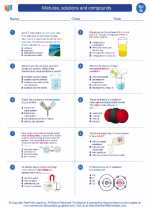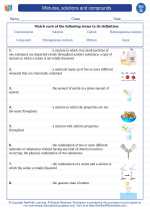Structural Support
Structural support refers to the ability of an object or a system to maintain its shape and withstand external forces without collapsing or deforming. In the context of biology, structural support is crucial for living organisms to maintain their form and carry out essential functions.
Types of Structural Support in Living Organisms
- Human Skeletal System: The human body relies on the skeletal system to provide structural support, protect internal organs, and facilitate movement. The bones, ligaments, and tendons work together to maintain the body's shape and support its weight.
- Plant Cell Walls: In plants, structural support is provided by cell walls, which are made of cellulose. These rigid walls help maintain the shape of plant cells and provide support for the entire plant structure.
- Animal Tissues: Animal tissues, such as cartilage and connective tissues, contribute to the structural support of various organs and body parts in animals.
Factors Affecting Structural Support
Several factors can influence the strength and resilience of structural support in living organisms:
- Genetic Factors: The genetic makeup of an organism plays a significant role in determining the strength and structure of its support systems.
- Environmental Factors: External conditions, such as nutrition, physical activity, and exposure to stress, can impact the development and maintenance of structural support in living organisms.
- Adaptations: Some organisms have evolved specific adaptations to enhance their structural support in response to environmental challenges.
Study Guide
To understand the concept of structural support in living organisms, consider the following key points:
- Describe the role of the skeletal system in providing structural support in the human body.
- Explain how plant cell walls contribute to the structural support of plants.
- Discuss the importance of genetic factors in determining the strength of structural support in organisms.
- Investigate specific examples of structural support adaptations in animals living in diverse environments.
By comprehensively exploring these topics, you can gain a deeper understanding of the significance of structural support in living organisms.
.




